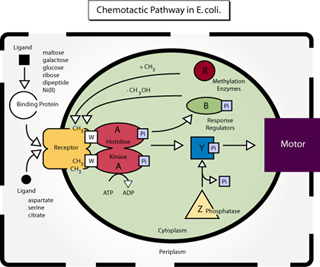Home » Course Layouts » Free Course Layout Udemy
This course introduces the mathematical modeling techniques needed to address key questions in modern biology.
0
5
English
English [CC]
- Learn basic syntax that can apply to any language.
- Learn what is a programming language and the basic concepts for beginners.
- Understand what is Javascript in it's truest form.
- Know the basic syntax of Javascript.
- Know some hidden quirks in Javascript.
Description
An overview of modeling techniques in molecular biology and genetics, cell biology and developmental biology is covered. Key experiments that validate mathematical models are also discussed, as well as molecular, cellular, and developmental systems biology, bacterial chemotaxis, genetic oscillators, control theory and genetic networks, and gradient sensing systems. Additional specific topics include: constructing and modeling of genetic networks, lambda phage as a genetic switch, synthetic genetic switches, circadian rhythms, reaction diffusion equations, local activation and global inhibition models, center finding networks, general pattern formation models, modeling cell-cell communication, quorum sensing, and finally, models for Drosophila development.
Course content
-
- Introduction Unlimited
- Lambda Phage Unlimited
- Multistability (cont.) Unlimited
- Stability Analysis Unlimited
- Introduction E. coli Chemotaxis Unlimited
- Fine-tuned versus Robust Chemotaxis Models Unlimited
- Wrapping up Chemotaxis Unlimited
- Genetic Oscillators Unlimited
-
- Introduction Cell Systems Biology Unlimited
- Local Excitation (cont.) Unlimited
- Rapid Pole-to-pole Oscillations in E. coli Unlimited
- Rapid Pole-to-pole Oscillations in E. coli (cont.) Unlimited
- Models for Eukaryotic Gradient Sensing (cont.) Unlimited
- Quorum Sensing Unlimited
- Drosophila Development Unlimited
N.A
- 5 stars0
- 4 stars0
- 3 stars0
- 2 stars0
- 1 stars0
No Reviews found for this course.










